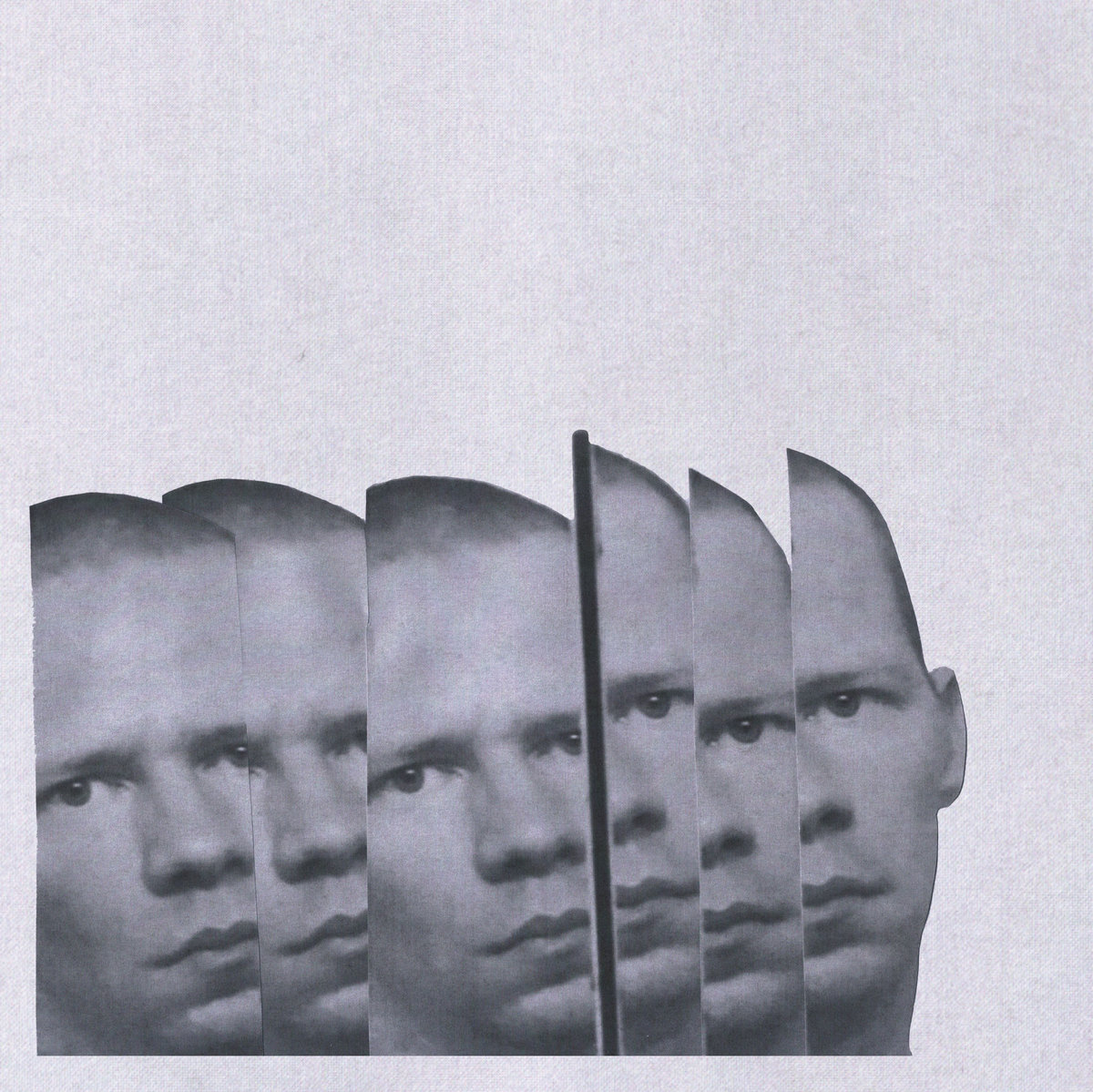Now, an EP and a brand new full-length later, Boy Harsher has perfected the formula whose seeds lie in that revelatory moment in Savannah. On Yr Body Is Nothing, they mix post-industrial warehouses with the dry pulse of ‘80s new wave, creating synth-driven music that infuses its dark, creeping tone with an invitation to move. The duo resembles the band that is central to its mythology, New Order, in both sound and tone—the way it couches songs about emotional states (primarily overwhelming anxiety) in unexpectedly danceable tunes.
Throughout Yr Body Is Nothing, Boy Harsher flickers back and forth between the immediacy of those emotional states and simple numbness. That plays out in the vocals, which are sometimes distant and monotone (“Cry Fest”), and at other times close and despairing (“Last Days”), or even soulful (“Save Me”). In some songs, including the title track, they start out far away but come into focus, escalating the sense of anxiety as it continues. While build-ups in songs typically lead to some sort of release, here they serve to increase the tension, making the unease more palpable. When “Suitor” escalates, it does so in the form of a frenetic bass and a cacophony of voices, including deep breaths; when the beat “drops” after this and structure returns, the dance beat sounds ominous.
On an album full of songs with titles such as “Save Me” and “Cry Fest,” it doesn’t come as too much of a shock that one of the most danceable tunes is called “Morphine.” With a jittery bass line, deep, pulsing beat, and bright organ synth, the instrumentals lead to one of the few real hooks, “She’s like morphine on my mind / She’s like morphine all the time.” More than this refrain, though, another line stands out among the anguished whisper of vocals: "I want to make it hurt more / I want to make you dance." This seems to get to the heart of the album, suggesting that pain and fear and anxiety can push you towards the kinds of music that make you bob your head or move your hips, and that bobbing your head or moving your hips can create a kind of welcome numbness. Through the drone of bass, beat loops, and synths on “Morphine,” “Big Bad John,” and “A Realness,” among other tracks, it’s possible to achieve a moment of catharsis.




